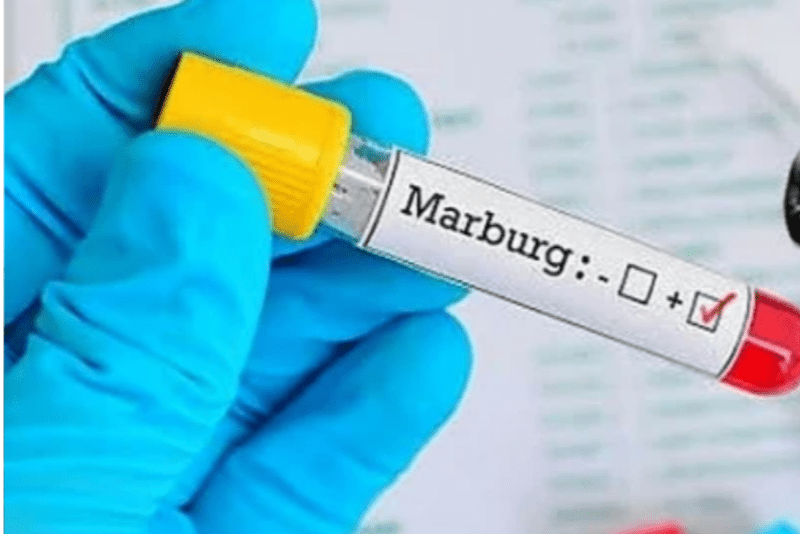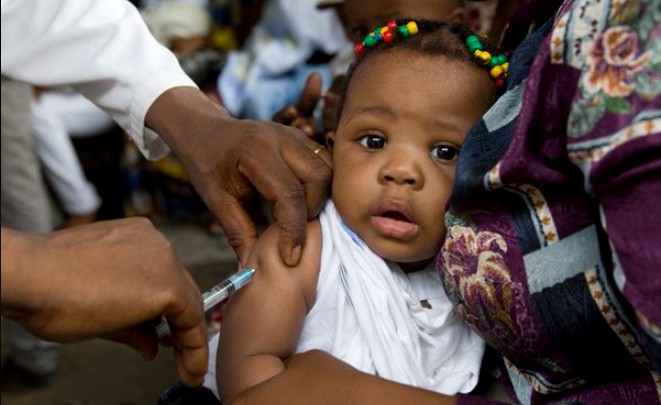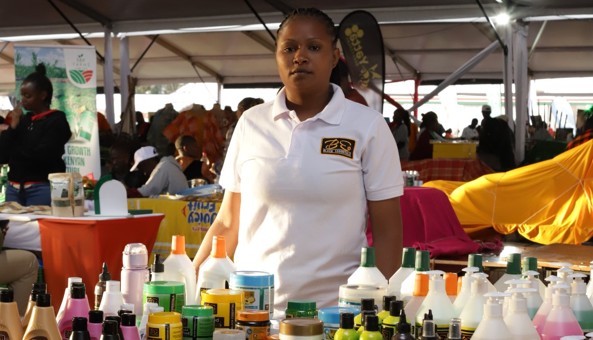Kenya issues nationwide alert after Marburg virus detected in Ethiopia

The Kenya National Public Health Institute (NPHI) highlighted that the virus, which causes severe hemorrhagic fever, could spread quickly due to Kenya’s close travel and trade links with Ethiopia.
Kenya has issued a nationwide advisory to counties following the detection of Marburg virus in southern Ethiopia, urging heightened surveillance and preparedness.
In a circular to all County Directors for Health, the Kenya National Public Health Institute (NPHI) highlighted that the virus, which causes severe hemorrhagic fever, could spread quickly due to Kenya’s close travel and trade links with Ethiopia.
More To Read
- Somalia on high alert as Marburg virus outbreak hits neighbouring Ethiopia
- Kenya steps up border checks as Ethiopia confirms outbreak of Marburg Virus Disease
- South Sudan on high alert as Marburg outbreak emerges across border in Ethiopia
- Ethiopia confirms Marburg virus disease outbreak, nine cases reported so far
- Ethiopia probes suspected viral haemorrhagic fever outbreak in Southern Region
- WHO says Tanzania Marburg virus disease outbreak resolved after no new cases in 42 days
Ethiopia’s Ministry of Health confirmed the outbreak in Jinka town after laboratory tests identified nine cases, marking the country’s first reported incidence of the disease. Genetic analysis by the Ethiopian Public Health Institute revealed that the virus is the same strain previously reported in other East African outbreaks.
“A total of nine cases have been reported in the outbreak that has affected Jinka town in the South Ethiopia Region,” reads the advisory.
Marburg virus belongs to the same family of viruses that cause Ebola. According to the advisory, it spreads to humans from fruit bats and among people through direct contact with the bodily fluids of infected individuals or contaminated materials.
Initial symptoms include high fever, severe headache, muscle aches and fatigue. Many patients also develop severe bleeding within a week of onset.
The advisory notes that while several candidate treatments are undergoing clinical trials, there is no licensed vaccine or therapeutic for Marburg virus disease. It, however, states that early access to supportive treatment and care, rehydration with oral or intravenous fluids and treatment of specific symptoms improve survival.
Previous outbreaks have been reported in Angola, the Democratic Republic of the Congo, Ghana, Kenya, Equatorial Guinea, Rwanda, South Africa, Tanzania and Uganda. Kenya’s extensive travel, trade, and migration links with Ethiopia make the risk of importation a significant public health concern.
Counties have now been urged to intensify surveillance by training health workers on viral haemorrhagic fever case definitions and strengthening monitoring at points of entry, health facilities and within communities.
Authorities have also been directed to implement traveller screening, conduct active case finding, and ensure prompt reporting through the IDSR/EBS platforms to quickly detect and respond to suspected cases. Counties were further instructed to identify and designate isolation facilities, ensure they are fully functional and train healthcare workers on recognising Marburg virus disease, triaging patients, providing supportive care and following safe referral procedures.
“Clear referral pathways should be established for safe transfer of cases to treatment units. Strict IPC protocols should be enforced in all health facilities, including proper and consistent use of PPE, hand hygiene, safe waste management, and environmental
disinfection,” reads the advisory.
Additionally, counties have been urged to stock and pre-position PPEs, disinfectants and body bags to protect health workers and prevent hospital-based transmission.
Laboratory readiness was also stressed, with staff expected to safely collect, package, and transport specimens under strict biosafety protocols, while coordinating with the National Public Health Laboratories for rapid confirmation and timely case management.
Further, counties have been called upon to strengthen risk communication and community engagement by disseminating accurate information on Marburg virus symptoms, prevention and the importance of early reporting.
The advisory also highlighted the need for robust coordination, urging County Public Health Emergency Operations Centres to be activated and work closely with the national PHEOC and relevant partners, including immigration, security and local administration, to ensure a comprehensive, multi-sectoral response to the outbreak.
“Individuals and communities should avoid direct contact with blood, vomit, urine, faeces and other body fluids of suspected or confirmed MVD cases. Anyone who develops symptoms such as fever, vomiting, diarrhoea, or unexplained bleeding should be isolated immediately and referred to the nearest health facility. Caregivers and family members should minimise direct handling of the sick and seek professional medical assistance,” NPHI Acting Director General Kamene Kimenye said.
She further called for regular handwashing, avoidance of bushmeat, safe food handling and safe burial practices.
“Traditional practices such as washing, touching, or kissing the body of the deceased should be avoided. Only trained personnel wearing appropriate protective equipment should handle the body,” the advisory added.
Counties have been instructed to circulate the advisory to all health workers, points-of-entry staff and communities to prevent the introduction and spread of Marburg virus in Kenya.
Top Stories Today














































